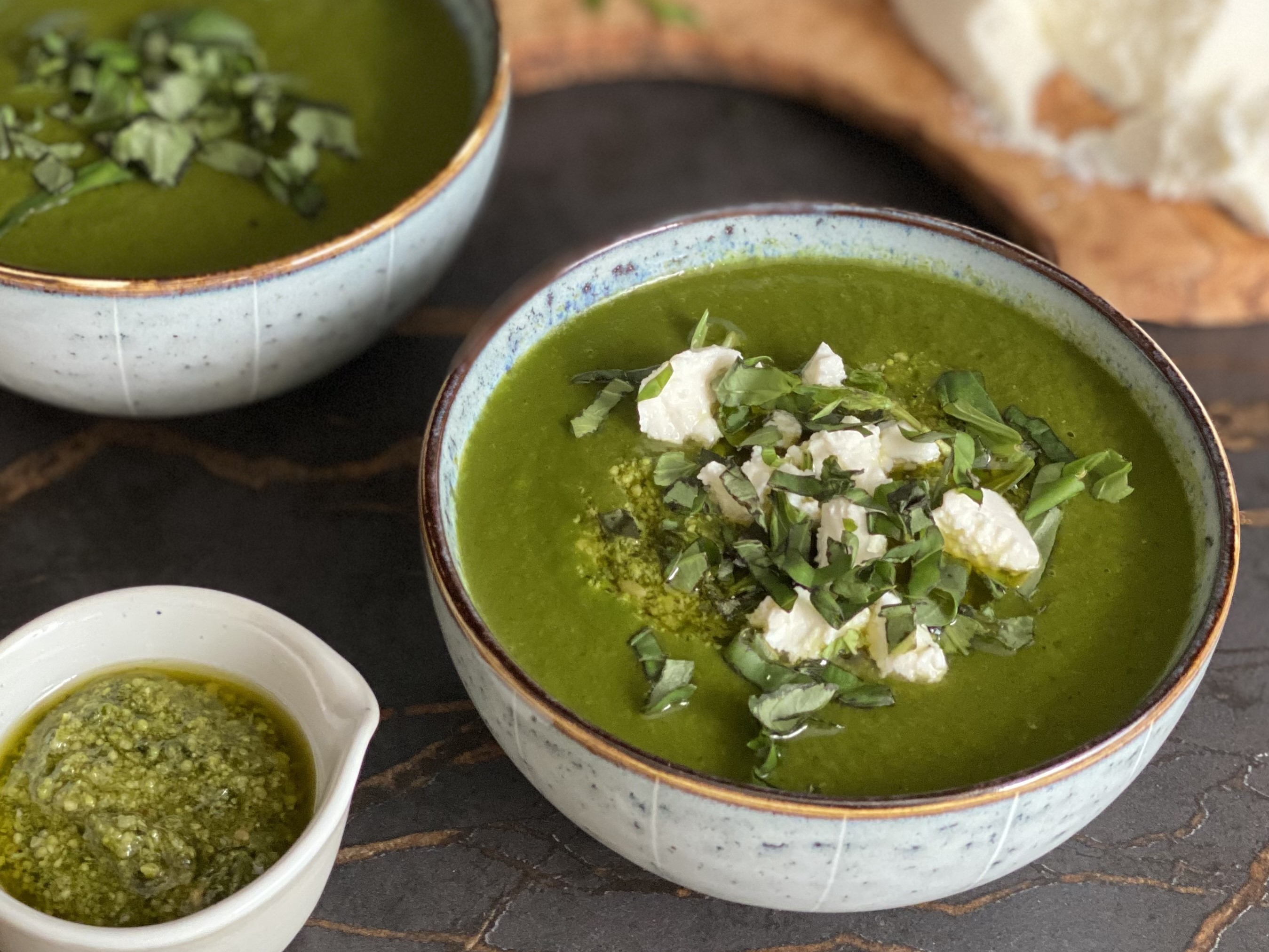“I can learn to communicate my feelings by sitting with them before I speak” ~ Pixie Lighthorse
Listening, fully listening, hearing the words and letting the meaning of those words pulse around your mind, like a potent wine, is quite something.
When we are listening to others we know when we should offer some response that shows that we’ve not only heard their words but understood, at least to some extent. But of course, there’s no requirement for us to do this when our inner dialogue clamours for our attention. In fact, I think the opposite can be true – we are often trying to cover our ears and whistle defiantly when our inner voice becomes too strident.
Sometimes we are ignoring facts – a bit like a financial audit which clearly shows where money, time and effort have been invested or wasted. Oftentimes though, it is not the facts in themselves that are so challenging but the way these facts challenge the “status quo”. Facts that make it obvious we should do things differently in future.
For sure, auditing some aspects of the way we live our life are easier than others. In the last couple of years, it is clear that most of us are much more adept than we ever thought at making significant changes to how we do things. And we’ve all been auditing our lives in some way or another; from clearing out cupboards and wardrobes to changing jobs and relocating.
Auditing our deepest and most personal thoughts can be harder though – especially if avoidance has become a hard-wired pattern. It requires us to hold a non-judgemental space for ourselves, which is incredibly tricky but crucial; whilst ever we engage in an inner dialogue that feels critical, fearful or laden with disappointment we will struggle to hear anything meaningful. Genuine curiosity and a willingness to listen are probably the most valuable tools along with enough gentleness to soften defensive instincts!
It has taken me a while to find the right tone of voice and then the right questions to ask myself. And then some more time to put these two together; ask the right questions with the right tone! Yet an unexpected positive has been how this has helped me in my work and improved conversation with others; finding questions that might open-up understanding for both me, as the listener, and them. An extra bonus is that when we ask good questions, life becomes more fascinating. Those around us often start to share more openly, we feel privileged to hear what they say and enriched by what others do share with us.
If you are struggling to get the conversation with yourself started then here are some questions that have helped me. I have also found it helpful to initially avoid getting too caught up with “why” as this can propel us back into a place of judgement.
1. What am I feeling?
- What emotions do I need to sit with right now?
- What is my initial response to these feelings?
- What reactions are most strongly triggered
2. What am I understanding?
- What has happened to make me feel this way?
3. What needs further investigation?
- Is this the full story?
- Is my version of events accurate?
- How much personal bias am I bringing to this story?
4. What is the most upsetting or uncomfortable part of this story/recollection?
5. How can I honour my story, with all that it hold and also move forward?







